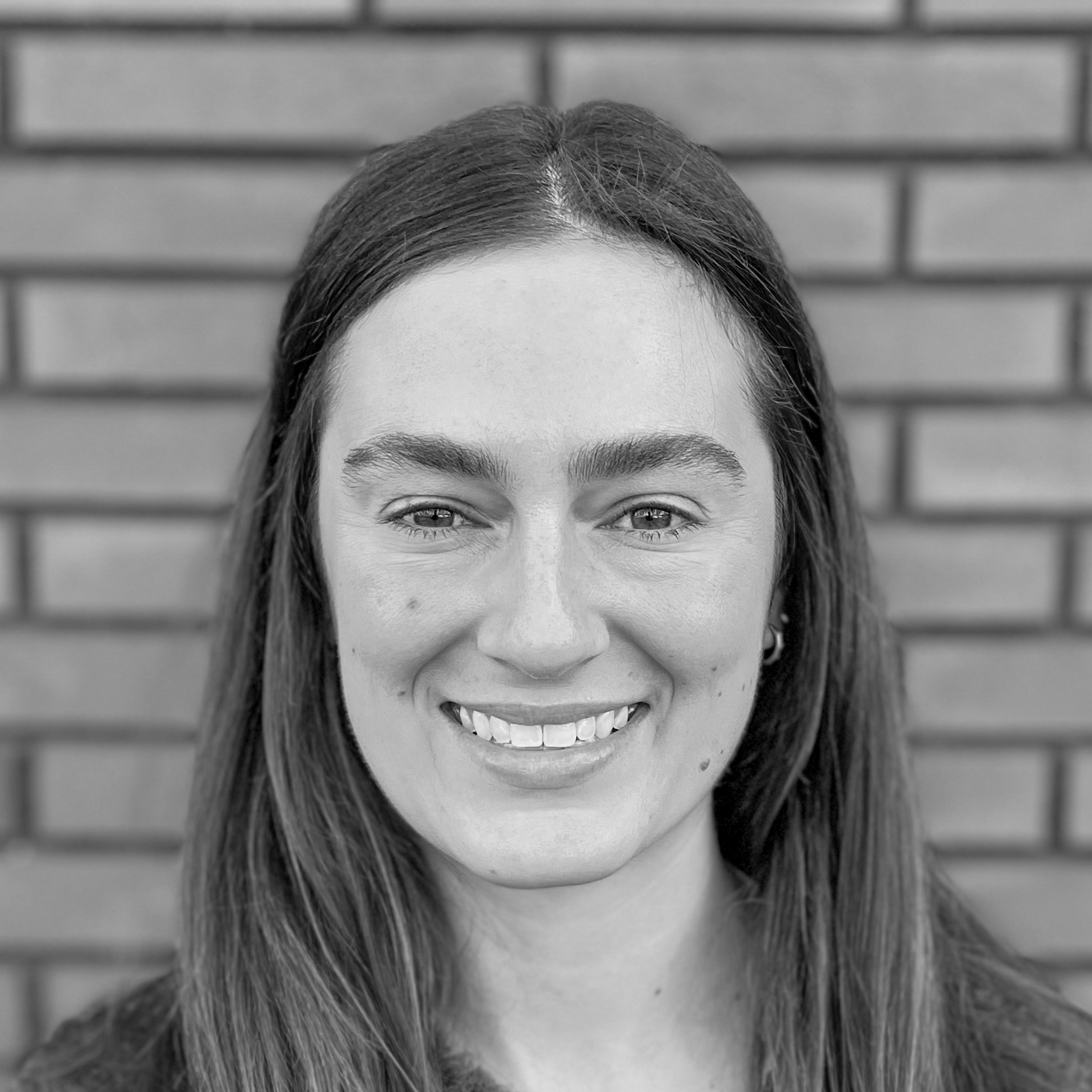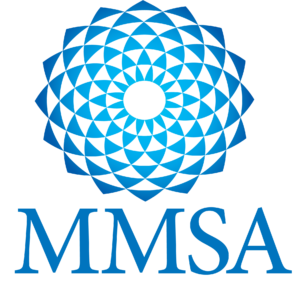 MMSA Title: STEM Education Specialist in Computer Science Research
MMSA Title: STEM Education Specialist in Computer Science Research
Hometown: Los Angeles, CA
Education: I received my BA in philosophy, MA in education, and PhD in education, all from UC Santa Cruz.
Something you’re proud of at MMSA: The expansion of computer science work and the chance to be a part of it!
What is your teaching/learning philosophy: I believe that everyone has a wealth of knowledge and experiences that inform how they perceive and interpret the world. Collaboration provides opportunities to learn from others’ experiences and understandings of the world. The co-construction of knowledge through collaborative discussions and activities is an important part of learning.
STEM passion area: I am passionate about computational thinking because it involves many skills and practices that support problem-solving and can be utilized across content areas, not just in a computer science context.
What do you like most about your role at MMSA: Working with incredibly supportive team members who have such a vast array of knowledge, expertise, and experience.
Favorite STEM-related memory: In 4th grade, we collected data on air pollution around the Los Angeles area over the course of several months and analyzed it as a class. Even as a child, I remember how asking questions and addressing real-world issues felt really empowering. My elementary science learning experiences have shaped my beliefs about the importance of tying STEM learning to real-world problems and contexts that students are familiar with and care about.
What did you do before you worked at MMSA: I taught lower elementary school in California.
What do you like to do in your free time: I like to get outside to run, hike, and horseback ride. I also love knitting, cooking, and baking.
Pronouns: she, her
Email: all emails are first initial last name at mmsa.org
Publications:
Mosqueda E., Dektor, R., Hertel, S. (2024). Teacher beliefs toward bilingual instruction in mathematics. In M. Bravo & K. Téllez (Eds.), Mathematics Instruction in Dual Language Classrooms: Theory and Research That Informs Practice. Information Age Publishing.
Dektor, R., Severance, S., & Téllez, K. (2024). How do preservice teachers learn to teach integrated computational thinking?: Evidence from planning, enactment, and reflection, Journal of Computer Science Integration, 7(1), 1-16.
Dektor, R. & Severance, S. (2023). Increasing preservice teachers’ computational thinking lesson design capacity within a research-practice partnership. Proceedings of the International Conference of the Learning Sciences, Canada, 290-297.
